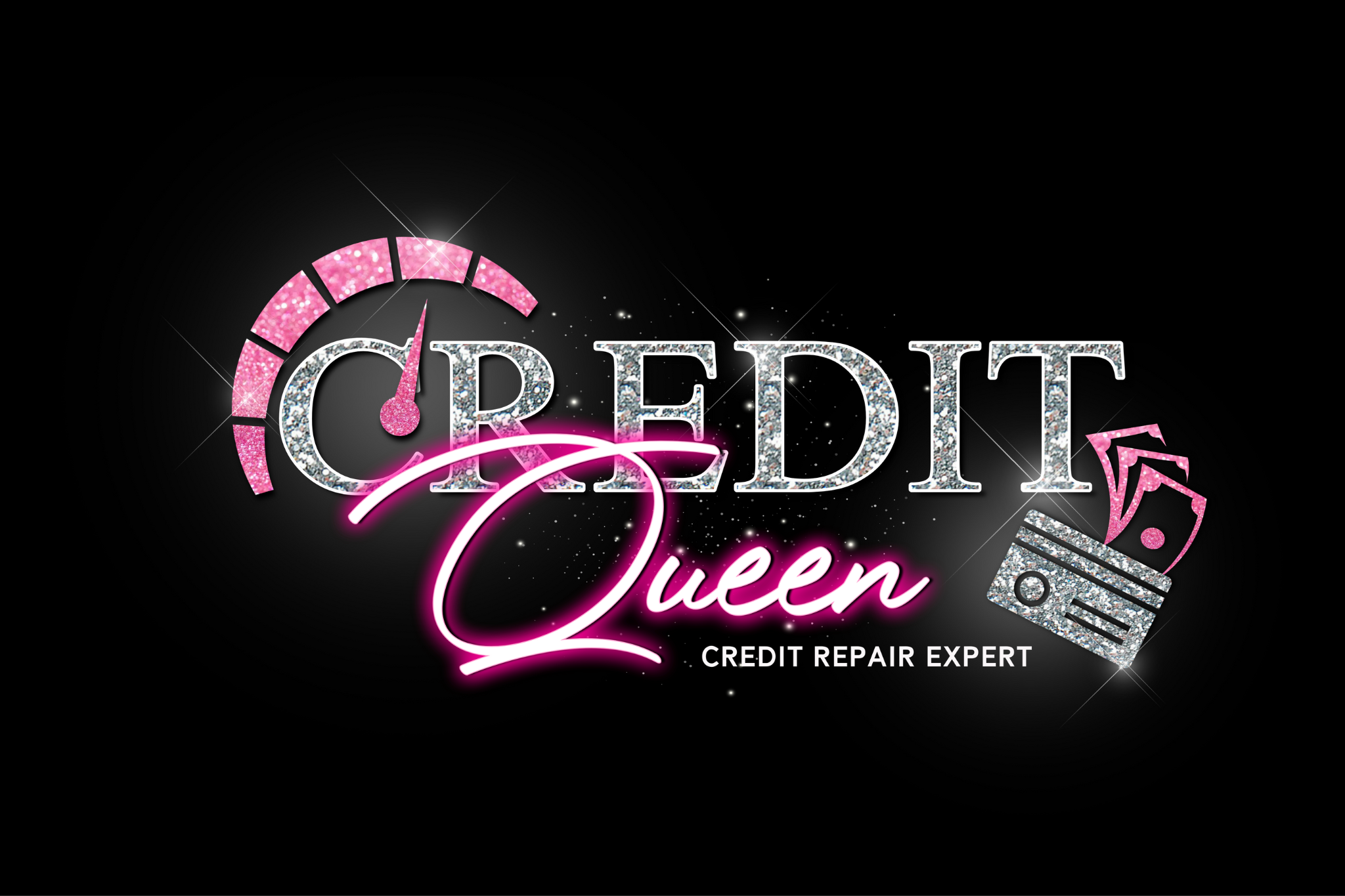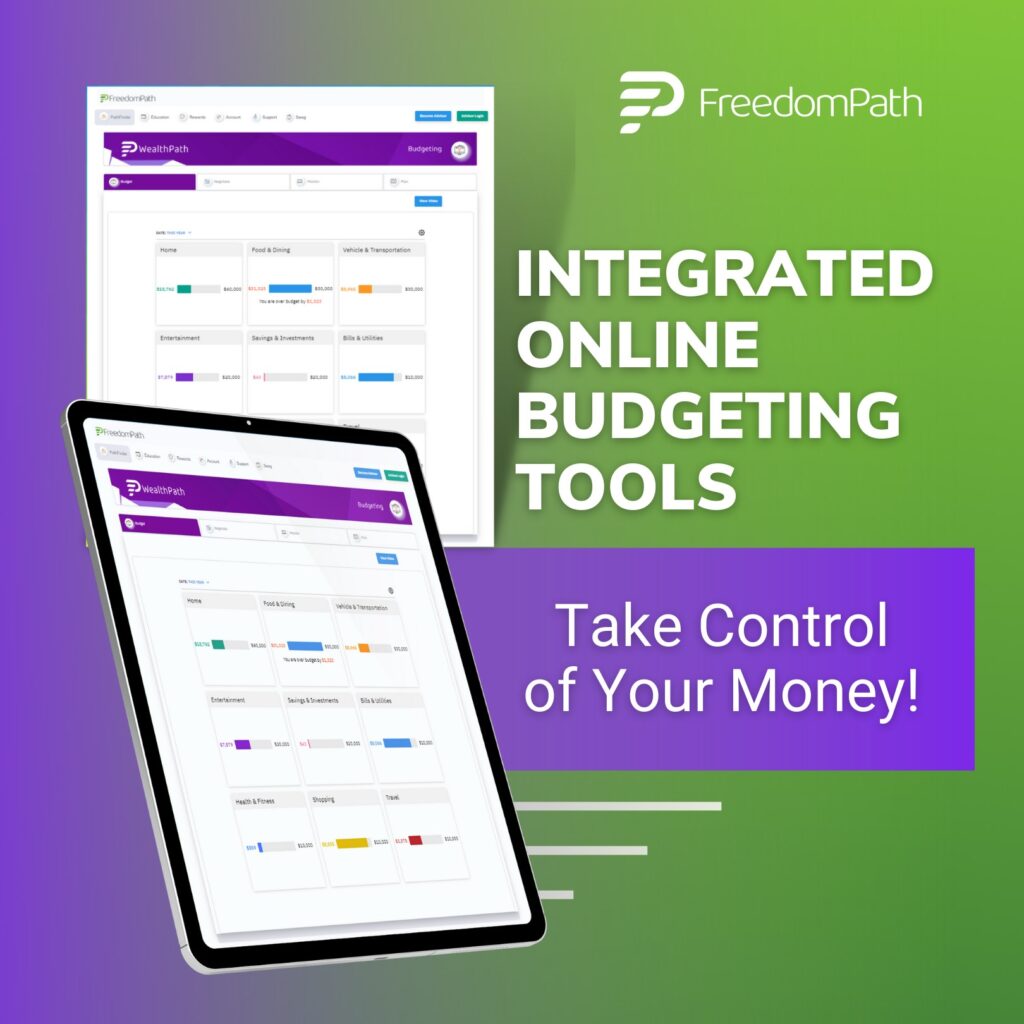Picture this: You’ve meticulously set up a budget, outlined your expenses, and committed to tracking every penny you spend. You felt like a financial superhero ready to conquer your money woes. But after a few months, your budgeting skills are in shambles, and you’re back to your old spending habits.
You’re left wondering, “Why doesn’t budgeting work for me?”
As a credit expert, I’ve seen this scenario play out countless times, and it’s high time we unveil the truth.
Budgeting, as we know it, often sets us up for failure.
But don’t worry; this article is not here to condemn budgeting. Instead, it will shed light on the reasons why traditional budgeting doesn’t work for many people and provide you with alternative strategies and solutions to manage your finances effectively.
The Budgeting Pitfall: One Size Does Not Fit All
One of the primary reasons why budgeting often falls short is that it’s often perceived as a one-size-fits-all solution.
We’re told to set aside a fixed amount for groceries, housing, entertainment, and more. But life is more complex. Let me explain with an example.
Example:
Imagine two friends, Laura and Jeremiah, both on the same budget. Laura lives in a high-rent urban area, while Jeremiah resides in a small town with lower living costs. They both allocate $1,000 for housing expenses, but Laura’s costs are double what Jeremiah pays.
The Lesson:
Budgeting doesn’t consider the context and individual circumstances, leading to unrealistic and often unfair expectations.
The Budgeting Rebellion: Why People Rebel Against Budgets
Many people, after attempting budgeting, end up rebelling against it. Why?
There are several key reasons:
- Rigid Restrictions: Budgets can feel like an overbearing parent, dictating every move you make. This rigidity can lead to frustration and a strong desire to break free from the constraints.
- Unpredictable Life: Life is unpredictable. Unexpected expenses pop up, and opportunities arise that you want to grab. Budgets often fail to account for these variations, leaving you feeling trapped.
- Tunnel Vision: Focusing solely on the numbers can cause you to lose sight of the bigger picture. You might become obsessed with saving, forgetting to enjoy life in the present.
- Self-Discipline Struggles: Not everyone has the same level of self-discipline. Trying to stick to a budget without addressing these issues is a recipe for disaster.
- Lack of Flexibility: Traditional budgets leave little room for adjustment. When your circumstances change, your budget might no longer align with your life.
The Alternative: Conscious Spending
I’m not suggesting you abandon all financial responsibility and start spending recklessly. What I am advocating for is a shift in mindset towards conscious spending.
Example:
Let’s go back to Laura and Jeremiah. Instead of forcing them into a rigid budget, I would advise them to focus on their financial goals and values. Laura may prioritize living in the city, while Jeremiah values saving for retirement. By aligning their spending with these values, they can create a financial plan that works for them instead of against them.
The Conscious Spending Strategy: How It Works
Conscious spending isn’t about neglecting your financial responsibilities. It’s about being aware of your financial choices and aligning them with your goals and values.
Here’s how to make it work for you:
- Set Clear Goals: Define your financial goals. Do you want to save for a dream vacation, pay off debt, or build an emergency fund? Knowing your objectives provides purpose to your spending.
- Track Your Expenses: Categorize your expenses broadly instead of tracking every penny. Monitor your spending to ensure it aligns with your goals. Use apps like Mint or YNAB to simplify this process.
- Prioritize Value: Evaluate your purchases based on their importance to you. If your daily coffee brings you more joy than dining out once a month, then make your choice accordingly.
- Emergency Fund: Create a cushion for unexpected expenses. This way, you won’t feel the need to dip into your savings or accumulate debt when life throws you a curveball.
- Regular Reviews: Periodically review your spending to ensure you’re still on track. Make adjustments as necessary.
- Seek Professional Guidance: Consult with a financial advisor or credit expert to help you make informed decisions and set realistic goals.
Case Study: The Journey to Financial Freedom
Let’s explore a case study to see how conscious spending can lead to financial freedom.
Case Study: Leah’s Path to Financial Freedom
Leah is a marketing professional who’s tired of living paycheck to paycheck. She wants to escape the endless cycle of debt and take control of her financial future.
Leah sets clear goals: pay off her credit card debt and start saving for a down payment on a house.
By tracking her expenses, Leah realizes she’s spending a significant portion of her income on dining out and entertainment.
She starts prioritizing her goals, cutting back on non-essential spending, and allocating those funds to debt repayment and savings.
As she progresses, she finds joy in seeing her debt decrease and her savings grow.
With determination and conscious spending, Leah successfully pays off her credit card debt and starts saving for her dream home. She’s on her way to financial freedom, all without the need for a rigid budget that felt suffocating.
Additional Strategies to Enhance Your Budgeting Financial Journey
In addition to conscious spending, there are a few other strategies you can implement to strengthen your financial journey:
- Automate Your Savings: Set up automatic transfers to your savings or investment accounts. This ensures you consistently save, even if you don’t have to micromanage your finances.
- Diversify Your Income: Explore opportunities for additional income streams, like freelance work, investments, or a side hustle. A diverse income can provide financial security and accelerate your goals.
- Debt Management: If you have debt, create a plan to pay it off systematically. Prioritize high-interest debts first, and consider consolidating or refinancing for better terms.
- Regular Education: Continue to educate yourself about financial matters. Read books, attend seminars, and follow experts’ advice to stay informed and make smart decisions.
- Emergency Fund: Never underestimate the importance of an emergency fund. Having one can prevent financial disasters and alleviate stress.
The Psychology Behind Budgeting: A Closer Look
To truly understand why budgeting often falls short, it’s essential to delve into the psychological aspects of personal finance.
Many people find budgeting psychologically taxing, and this mental strain can lead to its ultimate downfall.
- Decision Fatigue: Budgeting can involve making numerous daily decisions about spending, which can lead to decision fatigue. The more decisions you make throughout the day, the more your willpower weakens. When willpower diminishes, you become more likely to make impulsive spending choices.
- Negative Associations: For some, budgeting carries a negative connotation. It’s seen as something that restricts, controls, and reminds them of financial struggles. This negative association can lead to resistance and, ultimately, abandonment of the budgeting process.
- Perfectionism: Many individuals try to create the perfect budget to account for every cent they earn and spend. This perfectionism often leads to frustration because life rarely aligns with perfectly structured budgets.
- Guilt and Shame: It’s easy to feel guilty and ashamed when you overspend or deviate from your budget. These negative emotions can further erode your commitment to the budget.
- Limited Focus: Traditional budgeting often focuses on what you can’t do or buy. This negative framing can be discouraging and lead to a sense of deprivation.
Understanding these psychological aspects of budgeting allows you to see why it doesn’t work for everyone. It’s not just about numbers; it’s about emotions, mental energy, and personal associations.
Embracing Financial Mindfulness
In contrast to the constraints of budgeting, financial mindfulness is an approach that encourages you to develop a more holistic and sustainable relationship with your finances. It blends the practicality of budgeting with the emotional and psychological aspects of money management.
Here’s how to embrace financial mindfulness:
- Awareness: Start by becoming aware of your financial habits and behaviors. Understand your spending triggers, what causes you to overspend, and where your financial stressors lie.
- Gratitude: Practice gratitude for what you have. When you focus on the positive aspects of your financial situation, you’ll be less inclined to spend impulsively or covet what others have.
- Moderation: Instead of imposing strict limits, practice moderation. Allow yourself small indulgences and treat yourself occasionally. This will help reduce feelings of deprivation.
- Mindful Spending: Before making a purchase, pause and ask yourself whether it aligns with your values and goals. Consider whether it will bring you lasting happiness or just momentary gratification.
- Emergency Preparedness: As previously mentioned, create an emergency fund that provides a safety net for unexpected expenses. I can not stress enough that doing this reduces the financial anxiety leading to impulsive spending.
The Role of Financial Goals
One of the core components of both budgeting and financial mindfulness is the setting of financial goals. Whether paying off debt, saving for a down payment, or preparing for retirement, having clear objectives is crucial for successful money management.
However, financial goals shouldn’t just be about numbers. They should also reflect your values and what you truly want from life. Your goals become a compass that guides your spending decisions.
For example, suppose your goal is to travel the world. In that case, you can allocate your resources to experiences and savings for your next adventure. If you aim to start a business, your spending can be directed towards investments and learning opportunities that will get you closer to your entrepreneurial dream.
In this way, your financial goals become a source of motivation and direction rather than a set of arbitrary restrictions.
Financial Education and Continuous Learning
Financial education plays a crucial role in enhancing your financial management skills. Learning about various aspects of personal finance, from investing and debt management to taxes and retirement planning, empowers you to make informed decisions.
Consider reading books, attending workshops, or following financial experts. The more you understand the nuances of finance, the better equipped you’ll be to navigate your financial journey successfully.
The Power of a Support System When Budgeting
Managing your finances can be challenging, and having a support system can make a significant difference.
Share your financial goals and struggles with a trusted friend, family member, or financial advisor. Their encouragement, advice, and accountability can help you stay on track and achieve your goals.
In Conclusion
Budgeting, as traditionally understood, is not a one-size-fits-all solution. Its rigid constraints often lead to frustration, rebellion, and abandonment.
However, the desire to manage your money effectively is valid and crucial for financial well-being.
The alternative, conscious spending, and financial mindfulness encourage a more balanced and emotionally sustainable approach to personal finance.
They allow you to make mindful choices that align with your values and objectives while ensuring financial responsibility.
You can strengthen your financial journey by understanding the psychological aspects of budgeting, embracing financial mindfulness, setting meaningful financial goals, continuously educating yourself, and building a support system.
Remember that your path to financial freedom should be tailored to your unique circumstances and aspirations. Embrace the strategies that work for you and take control of your financial future.
Your Budgeting Assignment
As you wrap up this eye-opening journey through the world of budgeting, conscious spending, and financial mindfulness, it’s time to put what you’ve learned into action.
Your assignment is simple but powerful: Take the first step toward financial empowerment.
- Set Clear Financial Goals: Identify what you truly want from your financial journey. Is it to pay off debt, save for a home, embark on an adventure, or secure your retirement? Define your objectives with clarity.
- Embrace Financial Mindfulness: Start by becoming more mindful of your financial habits. Recognize your triggers, evaluate your spending decisions, and acknowledge how they align with your goals and values.
- Explore Education: Commit to lifelong financial learning. Whether reading books, attending seminars, or following expert advice, strive to expand your financial knowledge.
- Seek Support: Share your financial journey with someone you trust. This support system can provide encouragement, offer advice, and keep you accountable.
- Take Action: Begin implementing the strategies you’ve learned in this article. Shift your mindset from traditional budgeting to conscious spending and financial mindfulness.
Your assignment is not just a call to action; it’s an invitation to transform your financial future.
By taking these steps, you’ll pave the way toward greater financial freedom and a more fulfilling life.
So, embark on this journey today and empower yourself to make informed, conscious choices that align with your economic aspirations. Your financial destiny is in your hands.
About the Author
Meet Ashley Effinger, the Credit Queen and FreedomPath Advisor! Digital marketing royalty, I’m all about conversions and changing lives! By day, I improve credit scores, learn budgeting tricks, and build lasting wealth with my guidance. By night, I’m a rockstar wife and a supermom of 5 amazing kiddos! When not slaying credit myths, I indulge in my passions: reading, jet-setting, and sipping smoothies! Follow me for credit tips and a dose of laughter!
Drop me a line (say hi, ask a credit repair question, fan out, etc.): badcreditisexpensive@gmail.com
Ready to get started fixing YOUR credit? ashley@mycreditqueen.com
Let’s Connect on  Social
Social
LinkedIn: Ashley Effinger
Pinterest: @badcreditisexpensive
Instagram: @badcreditisexpensive
Youtube: @BadCreditIsExpensive
Twitter: @creditqveen
Facebook: @badcreditisexpensive
TikTok: @badcreditisexpensive
Medium: Ashley Effinger | Subscribe






















